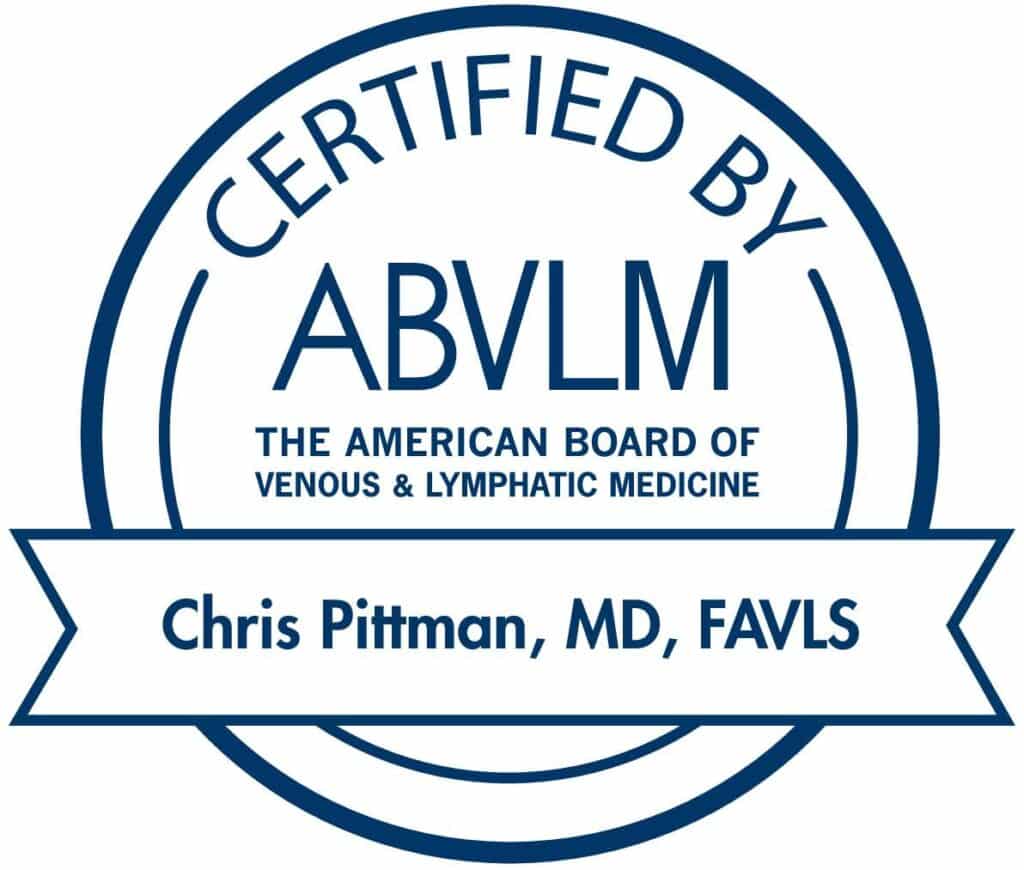What Are Pelvic Varicose Veins?
Pelvic varicose veins are enlarged, twisted veins that can form in and around the uterus, ovaries, and vulva in women and, less frequently, in and around the scrotum in men. Like leg varicose veins, pelvic varicose veins develop when the one-way valves inside veins become weakened or damaged, allowing blood to flow backward and pool in the veins. This condition, which is known as pelvic congestion syndrome (PCS), often occurs in women who have had multiple pregnancies.
Because PCS is a highly complex venous disorder in terms of both diagnosis and treatment, it is essential to seek care from an experienced vascular specialist who is also an interventional radiologist. Effective pelvic varicose vein treatment requires an accurate diagnosis as well as a mastery of advanced, minimally invasive techniques to close off or remove the affected veins. While many physicians do not treat pelvic varicose veins because they lack the necessary knowledge and training, the requisite expertise can be found at Vein911® Vein Treatment Centers in Tampa, Florida, where our interventional radiologists expertly perform the latest image-guided procedures.
What Are the Signs of PCS?
Pelvic varicose veins may cause:
While pelvic congestion syndrome is generally not life-threatening, it may require medical evaluation and treatment to alleviate the associated discomfort. Diagnosing PCS can be challenging because many of its symptoms overlap with various gynecological and gastrointestinal conditions. Also, because pelvic varicose veins usually cannot be detected in an ultrasound exam of the legs, an interventional radiologist will often need to use specialized diagnostic tests and imaging to confirm their presence.
What Is an Interventional Radiologist?
An interventional radiologist is a medical doctor who specializes in the use of imaging technologies, such as X-ray, ultrasound, computed tomography (CT), and magnetic resonance imaging (MRI), when performing minimally invasive procedures to diagnose and/or treat various medical conditions, such as PCS. Interventional radiologists are highly skilled in using imaging guidance to access a specific area of the body, such as the pelvis, through small incisions or catheters. In doing so, they can perform various complex medical interventions—such as embolizing a damaged vein or artery using tiny catheters, removing varicose veins and blood clots, and stenting blood vessels outside the heart— using minimally invasive techniques.
Due to their extensive and specialized training, interventional radiologists can treat several lifestyle-limiting vein diseases that occur in the pelvis and abdomen. Many of these venous disorders are related to pregnancy, when the veins become enlarged to support the increase in blood volume. In addition to pelvic congestion syndrome, these conditions include:
The field of interventional radiology continues to evolve, offering increasingly less invasive and highly effective options for diagnosing and treating a wide spectrum of medical issues, including venous disorders. As such, interventional radiologists play a crucial role in providing minimally invasive solutions that can reduce pain, recovery time, and the risks associated with more invasive surgical procedures.
Talk With an Interventional Radiologist
If you would like to learn more, contact Vein911® Vein Treatment Centers today to schedule an appointment with a vein specialist/interventional radiologist in Tampa, FL. We offer the latest options in pelvic vein treatment, including ultrasound-guided sclerotherapy, a painless outpatient procedure that can be used to address labial varicose veins, buttock varicose veins, or groin varicose veins.










